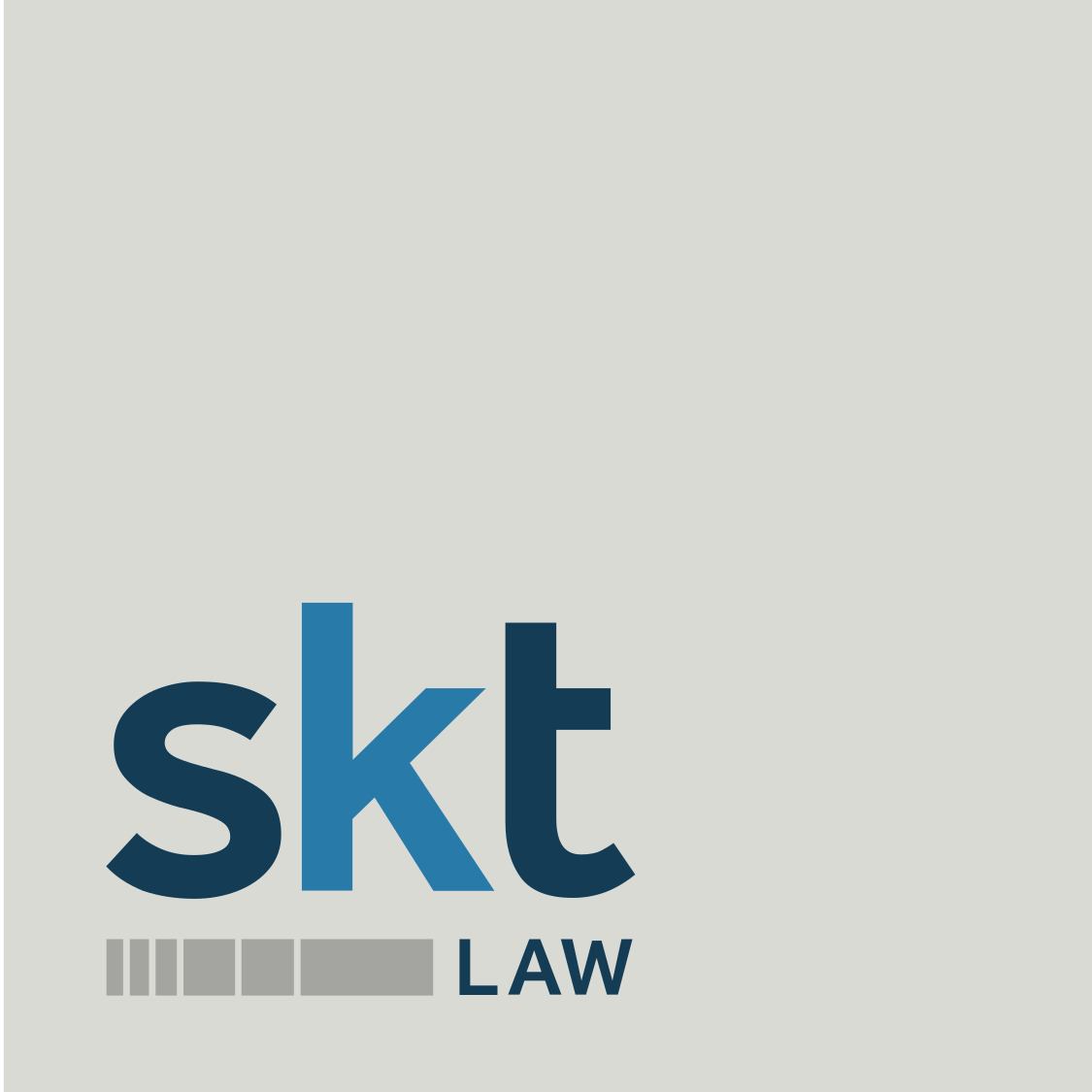You’ve poured your heart and soul into your business. Countless hours, brainstorming sessions, the whole nine yards. You’ve nurtured your vision, refined your approach, and established a foothold in the market. However, unforeseen challenges can arise. A partnership may dissolve under strain. A competitor might resort to questionable tactics, imitating your innovations. Or perhaps, a former employee departs with sensitive information that belongs to your company. Suddenly, the core elements that define your business – your hard-earned innovations, your distinctive brand, the very essence of your enterprise – are threatened, and you need to act quickly to protect them. This is where having a firm like SKT Law in your corner can make all the difference. We understand the intricacies of intellectual property law and can guide you through these turbulent times.
“Intellectual property is often the bedrock of a company’s success,” says Eliot Krieger, SKT Law’s co-founder and managing partner. “Protecting it during a business dispute isn’t just about legal technicalities; it’s about securing the company’s very future.”
Protect Your Edge
Let’s be clear: intellectual property is more than just a bunch of legal documents. It’s the core of your business, the engine driving your success. Your edge.
Think of it this way – intellectual property, commonly called IP, is the tangible result of creative thinking. Inventions, designs, symbols, names, and artistic creations used commercially, all fall under the umbrella of IP. If you created it, it is yours, and you have the right to protect it. For many businesses, their IP is their most prized asset, often representing years, if not decades, of dedication. Exclusive control is granted over these creations through IP rights, such as patents, copyrights, and trademarks. This control allows you to benefit from your ingenuity.
Types of Intellectual Property
- Copyright: This safeguards original works. Books, music, computer programs, and even building designs. Copyright grants creators exclusive rights to reproduce, distribute, and display their creations.
- Patents: A patent gives inventors exclusive rights to their inventions for a set timeframe. This prevents others from making, using, or selling those inventions without your permission.
- Trademarks: These are the unique symbols, logos, and brand names that distinguish your goods or services. They’re vital for creating brand recognition and consumer trust.
- Trade Secrets: This category covers confidential information, like formulas, techniques, and designs. It’s the stuff that gives you an advantage and is safeguarded from unauthorized use or disclosure.
What to Do When Your IP Has Been Violated
Even if you have done all you can, disputes can still happen. Here’s what to do if that happens:
- Litigation: If other options are exhausted, you might have to file a lawsuit to protect your rights. This could involve claims of trademark, copyright, or patent infringement. It’s not ideal, but sometimes it’s the only way.
- Alternative Dispute Resolution (ADR): Before you end up in court, consider ADR. Things like mediation and arbitration can be quicker and cheaper than a drawn-out trial.
- Cease and Desist Letters: If you suspect someone is infringing on your IP, a cease and desist letter from your lawyer can be a potent first move. It’s a formal demand to stop the infringing activity, and it often gets results.
Proactively Protect Your IP
“At SKT Law, we understand that disputes can arise even when businesses take proactive steps to protect their IP,” says Krieger. “That’s why we stand ready to provide our clients with the legal expertise and strategic guidance they need to navigate these challenges and safeguard their innovations.”
You wouldn’t leave your valuables out in plain sight, right? The same logic applies to your IP. Here’s how to proactively protect it:
- Contracts Are Crucial: Partners, employees, contractors – everyone needs to sign well-drafted contracts. These contracts should clearly define IP ownership, confidentiality obligations, and non-compete terms. No exceptions.
- Confidentiality is Key: Implement strict policies and use Non-Disclosure Agreements (NDAs) consistently, especially when dealing with third parties.
- Know Your Assets: Conduct a full inventory of your trademarks, copyrights, patents, and trade secrets. Ensure ownership is clearly documented and everything is registered as needed. It is a good idea to know exactly what you have, so you can better protect it.
- Regular IP Audits: Think of these like routine checkups for your IP. Periodic audits help you spot potential weaknesses and ensure you’re complying with all applicable laws.
These situations are undoubtedly stressful. You worry about the financial fallout, of course. But there is more to it than dollars and cents. It’s that feeling of vulnerability, like someone’s trying to take what you’ve rightfully earned. You are not alone in your concerns. Many business owners find themselves in this position, wanting to protect their creations, and run their business without fear of theft.
If you’re in the midst of a business dispute that puts your intellectual property at risk, don’t take chances. Contact us today to book a consultation. We’ll help you create a solid strategy to defend your IP. We will work to make sure your business comes out of this stronger. You’ve poured your energy into creating something valuable. Now, let us help you protect it.
